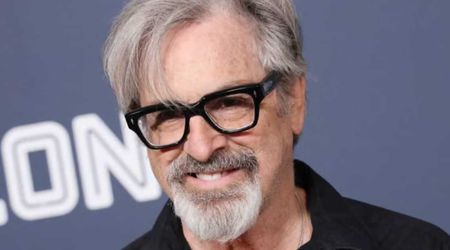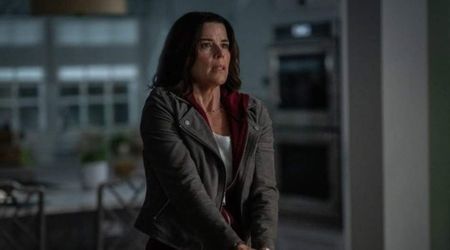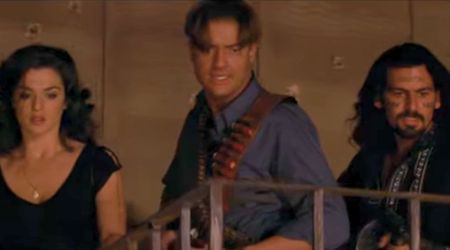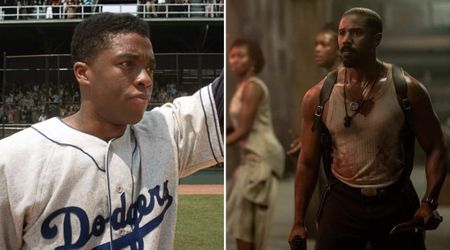'Kiss the Ground' Review: Informative climate change documentary tainted by cheesy Hollywood whitewashing

If 2020 gives us a clear indication of anything, it is that climate change is one of the biggest — if not the biggest outright — threats that humanity has faced. More than a century of industrialization and capitalistic practices has led to the uncontrolled burning of fossil fuels that have in turn released emissions that are now contributing to the warming of the atmosphere. The worst part is that while the science is clear, very little is being done to address the problem.
Potentially, more climate change-related documentaries have come out in 2020 than ever before. One of them is 'Kiss the Ground', directed by Josh and Rebecca Tickell. The documentary boasts an impressive roster of names, including Ian Somerhalder and Gisele Bündchen who are both listed as executive producers. The movie is also narrated by Woody Harrelson who begins by telling us that he has given up. But that's only a trick which will make sense to viewers at the end of the movie. As far as climate change documentaries go, 'Kiss the Ground' does pretty well when it comes to presenting information to the audience. When it comes to climate change, one of the biggest barriers to getting more people to support the cause is that not enough people on the ground really understand the science behind it. 'Kiss the Ground', however, presents the science in quite a barebones way, meaning that the message that needs to be conveyed will get done so effectively.
However, one of the biggest issues with 'Kiss the Ground' is that there is a lot of Hollywood-style whitewashing that goes on as we wrote here. For instance, regenerative farming is not the only solution to climate change. Additionally, the documentary features less than a handful of people of color who are not only looking for solutions from the ground up but are also actively involved in the activism scene.
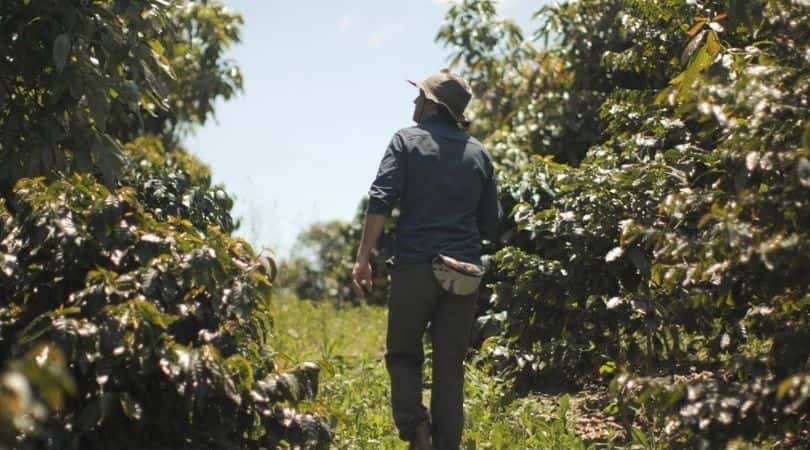
That is not to say that the experts who are presented by the documentary do not fare well. Ray Archuleta, a professional soil scientist and Allan Savory, a Zimbabwean ecologist are prominently featured in 'Kiss the Ground' and what they are doing is nothing less than legendary. However, by excluding people of color from this conversation — especially ignoring the fact that regenerative farming practices were pioneered by indigenous cultures first — the documentary leaves a lot to be desired.
Another form of Hollywood whitewashing that we felt was prominent in the documentary was how it was dramatized, especially towards the end. The documentary featured Jason Mraz, who practices agroforestry in California, so perhaps we should not have been surprised that the narrator, Woody Harrelson closes the movie by saying he won't give up as Mraz's 'I Won't Give Up' starts playing. It's a cheesy moment that uses a well-loved song and even if you did not like the documentary, it won't fail to elicit the emotions that the documentary is looking for. The problem is that those emotions are not necessarily created by the content within the documentary.
Something that stood out, however, was the way the documentary presented the story of the Loess Plateau in China. Farmers settled on the plateau around 3,000 years ago and industrial farming practices turned the plateau into an ecologically damaged, desertified land. However, a massive World Bank project that started in the 1990s radically transformed the area through regenerative farming. The before and after pictures are truly a beholding sight and nothing short of inspiring. If only 'Kiss the Ground' had featured more such stories from lands inhabited by people of color.
'Kiss the Ground' is now streaming on Netflix.


